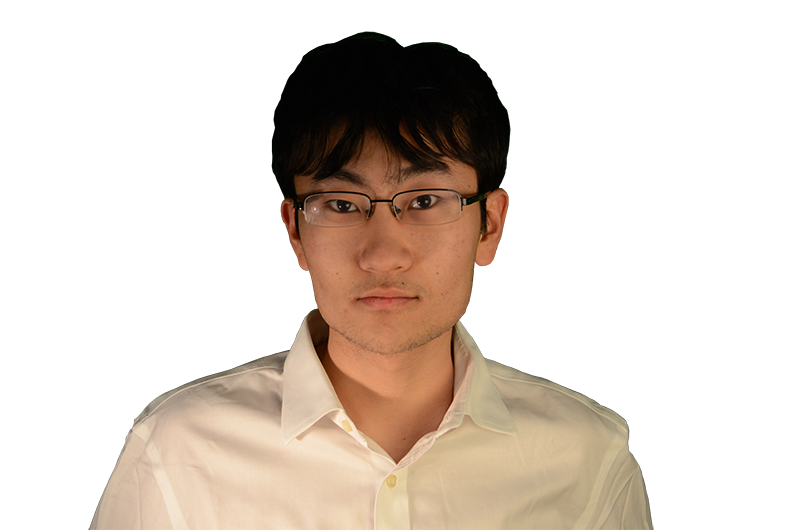Cui: 6 harsh truths about ASG elections
April 15, 2014
The results of our Associated Student Government’s last election were crushing: Julia Watson and Erik Zorn won more than five-sixths of the vote, the most lopsided victory since 2007’s uncontested election. More interesting, I believe, is the way the shortened campaign was conducted and its impact on the vote. From these observations, we can wring out some truth about what Northwestern really thinks about ASG; knowledge of this is necessary to combat the apathy harped on every year.
1. Turnout sucked. Less than 20 percent of undergraduates: This election’s most important statistic is a rough turnout estimate, far down from numbers within 40 to 50 percent previously. To be blunt, 40 percent is a miraculously high turnout compared to those for other student governments, which average around 15 percent. In response, ASG should be shocked that they have lost the gift of turnout so well endowed upon them. An ASG official may say this year’s result is just an outlier due to lack of competition. I would say, instead, that the campaign’s newfound brevity made students less aware it existed. Where students used to at least talk about the elections for a few minutes, there is now only confusion.
2. Low turnout was rational. A popular and credible theory, I think, for why turnout has been so high is because of NU’s high concentration of student groups. Students value participation in student groups, and ASG values them by allocating funds and establishing itself as a middleman between groups and the administration. But this arrangement is threatened by a more pre-professional student body — aspiring doctors, businesspeople and politicos — who network with professionals and faculty outside the traditional arrangement. Unable to counter this, ASG is already playing third fiddle to Dance Marathon and ISBE. It will sink lower in prestige unless it sustains the past arrangement or risks a new strategy.
3. ASG must be able to find wild policies. I have heard much discontent within ASG on how its executive board works: It is intentionally nepotistic in order to ensure a succession of competent leaders. This argument from above justifies the status quo. Escaping the status quo means admitting that competence is not enough. I believe student government can both strengthen its relationship with student groups and attempt a new strategy, but it needs to eschew the illusion of short-term competence. It would be better if ASG keeps working with well publicized student groups — from startup incubator EPIC to the Multicultural Student Alliance — and start brainstorming wild policies. They can present the results to the administrator stock in the form of a classic negotiation strategy: Start out high and move down low.
4. ASG should replace “values” with policies. Watson and Zorn’s platform claims to eschew areas of concentration for eight values, whatever that means. This tendency to obfuscate policy in broad, vague language is certainly not unique to campus politics, and it is unfortunate the campaign resorted to it even though students have had substantial discussion over policies. Had the duo campaigned on “We will change SOFO” or “Administrators need CTECs too,” policies they themselves propose, I bet a lot more people would have noticed them.
5. The one wild policy proposed is bad. In a category of its own is the “3+E” proposal, which would allow an extracurricular involvement to substitute for class credit. But such a system would open a huge can of worms — which groups are active enough to qualify for the credit, and how will this policy vary between colleges and majors? The most likely outcome is a chilling effect on extracurricular involvement, as students compete for executive positions in certified groups. It will further drive competition between students under the administration’s blessing, when what this community needs is less stress and more guarantees from administrators.
6. Students have to argue about this in the open. It is possible that I have mischaracterized many things in this column, and I would like any dissenters to throw all the vitriol they have at me. The problem is not about civility; the problem is empowering a group of student representatives, almost all of whom have done more work than me to better this campus and whose work is neglected because of drama and apathy. Believing student apathy will suddenly drop is wishful thinking. Public arguments need to be had in order to draw attention to what matters.
Tom Cui is a Weinberg junior. He can be reached at [email protected]. If you would like to respond publicly to this column, send a Letter to the Editor to [email protected].


